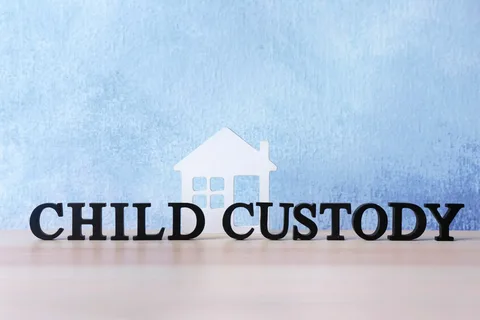Divorce can be a challenging and emotional process, and one of the critical issues that often arises is health insurance coverage. When a marriage ends, the court may order one spouse to maintain health insurance for the other spouse or their children. This article will delve into the intricacies of court-ordered health insurance after divorce, providing a comprehensive guide to help you navigate this complex issue.

Understanding Court-Ordered Health Insurance
Court-ordered health insurance is a legal mandate requiring one or both parties in a divorce to provide and maintain health insurance coverage for their children or, in some cases, their former spouse. This ensures that the healthcare needs of dependents are adequately addressed even after the dissolution of the marriage.
Factors Considered by the Court
When deciding on court-ordered health insurance, several factors are taken into account:
- Children’s Welfare: The primary concern is the well-being of any children involved. Ensuring that children have access to health insurance is a top priority.
- Financial Ability: The court assesses the financial ability of each spouse to provide health insurance. The spouse with better financial means may be ordered to maintain coverage.
- Existing Coverage: The court reviews the existing health insurance plans available to both spouses. If one spouse has access to more comprehensive and affordable coverage, they may be ordered to provide it.
- State Laws: State laws and regulations significantly influence court-ordered health insurance after divorce. These rules can vary widely from one state to another.
- Duration of Marriage: The length of the marriage can also impact the court’s decision. Longer marriages may result in more extended periods of court-ordered health insurance coverage.

Types of Court-Ordered Health Insurance
Depending on the circumstances and the court’s decision, there are several ways in which health insurance coverage can be ordered after a divorce:
Spousal Coverage
In some cases, one spouse may be required to maintain their health insurance for the other spouse. This is often the case when one spouse needs access to affordable coverage through their means.
Child Coverage
Court-ordered health insurance for children is a common scenario. One parent may be required to provide coverage for their children, ensuring they can access medical care.
Legal Obligations and Enforcement
Court-ordered health insurance is not optional but a legally binding obligation. Failure to comply with this order can result in legal consequences, including fines or other penalties. The court can take enforcement actions, such as wage garnishment, to ensure compliance.
Duration of Court-Ordered Health Insurance
Court-ordered health insurance typically remains in effect until the child reaches a certain age, often when they are no longer considered a dependent, or until there is a significant change in circumstances that warrants a modification of the order.
Copayments and Deductibles
In addition to providing insurance coverage, court orders may also specify how co-payments, deductibles, and other medical expenses will be divided between the parties.
Can I Stay on My Current Plan?
Whether you can stay on your current health insurance plan if the court orders health insurance after divorce depends on several factors, including the type of health insurance plan, the state in which you live, and the specific terms of the court order.
External Resources and Further Reading
For more detailed information on court-ordered health insurance after divorce, you can visit New Health Insurance and Apollo Insurance.

Conclusion
Navigating the complexities of court-ordered health insurance after divorce can be challenging, but understanding the factors involved and the legal obligations can help you better prepare for this aspect of your divorce proceedings. Remember, the primary goal is to ensure that all dependents, especially children, have access to necessary healthcare coverage.
If you have any specific questions or need further assistance, don’t hesitate to reach out to a legal professional or a licensed insurance agent. They can provide personalized advice based on your unique situation. And remember, while divorce can be tough, a little humor and a positive outlook can go a long way in making the process a bit more bearable. So, keep your chin up and take it one step at a time!

